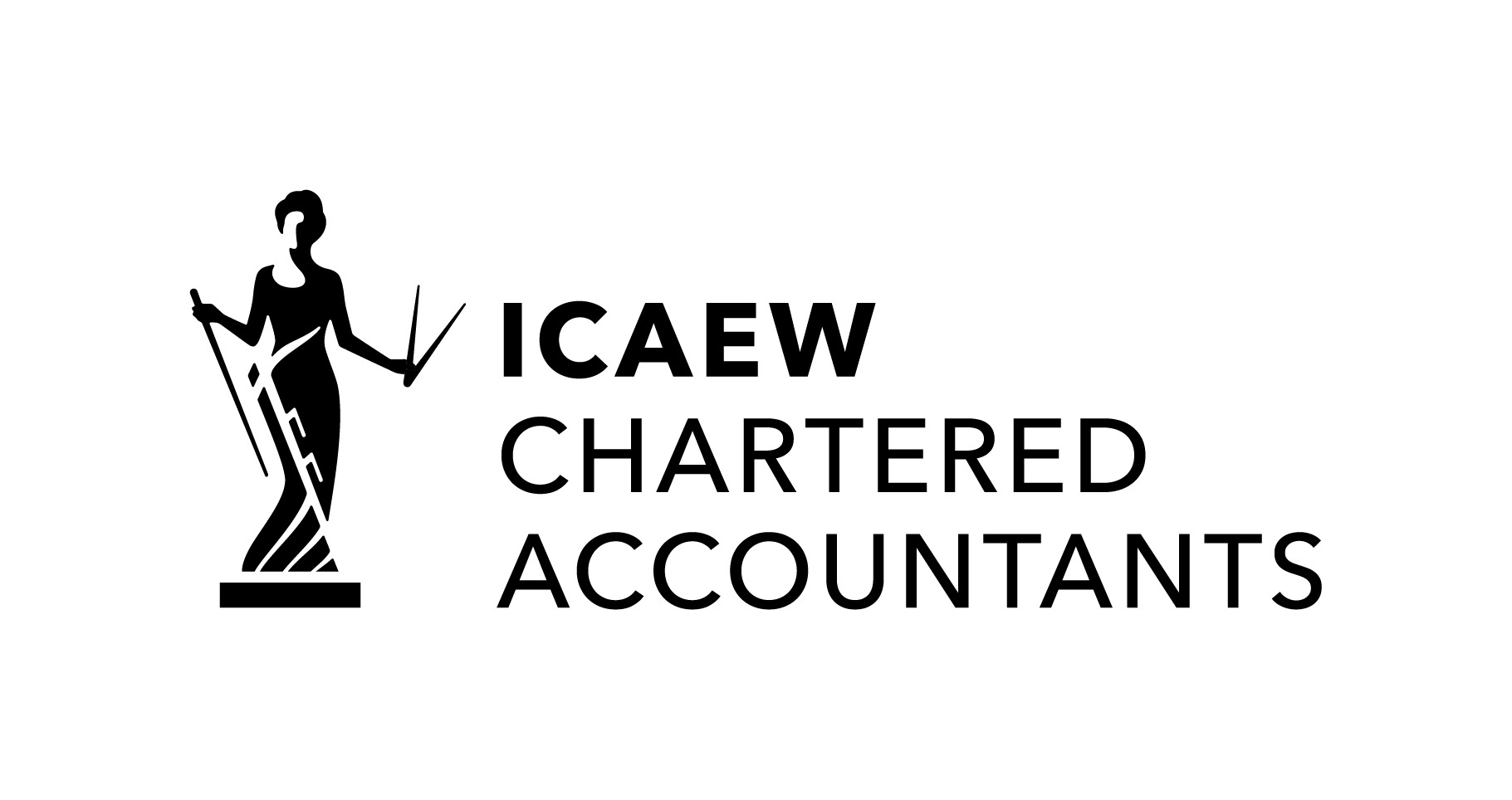Inheritance Tax Wales
Navigating Inheritance Tax with Harries Watkins Jones Wills & Probate
Inheritance tax (IHT) is a scary and complicated topic which leaves many people confused. But it’s important to have an understanding of how it works and how it could affect you, your family and your estate. At Harries Watkins Jones Wills & Probate, our inheritance tax Wales team can provide you with excellent guidance and advice so you’re never alone when tackling this much-misunderstood topic.
What Is Inheritance Tax?
Inheritance tax, or IHT, is a term that many have heard, but few truly understand. Essentially, it is the tax payable on the value of an estate’s assets when an individual passes away. At Harries Watkins Jones Wills & Probate, we have a team of qualified accountants with the expertise to help you with this, providing assistance in two key areas. These are:
1. Calculating and Submitting Inheritance Forms with Precision
When dealing with probate, accurately calculating and submitting Inheritance forms to HM Revenue and Customs (HMRC) is crucial. We understand the intricacies involved, including the costs and payment requirements that must be considered.
Our expert advice and support will illuminate this process, ensuring clarity and enabling you to claim any available allowances effectively. As experienced probate practitioners, we can assist executors in calculating the correct amount of tax payable and meticulously complete the necessary forms for submission to HMRC.
Entrusting this task to our capable team will ensure that the calculations are accurate, giving you peace of mind during an already challenging time. Furthermore, should any negotiations with HMRC be required, we possess the expertise to handle and discuss such matters on your behalf.
2. Maximising Available Allowances
Inheritance tax legislation offers various allowances and exemptions that can significantly impact the final tax liability. However, navigating these allowances can be a complex task. Our dedicated team of inheritance tax specialists is well-versed in the intricacies of the law and can provide tailored advice to help you capitalise on all available allowances.
By carefully reviewing your circumstances and estate, we can also advise and identify opportunities for tax planning and mitigation. Our goal is to ensure that you make the most informed decisions, ultimately reducing your inheritance tax liability while safeguarding your loved ones’ interests.
Our Inheritance Tax Service
At Harries Watkins Jones Wills & Probate, we understand the importance of expert guidance when it comes to inheritance tax in Wales. Our inheritance tax Wales team is committed to simplifying the complexities of this area, providing comprehensive support and ensuring your peace of mind.
By choosing our services, you can benefit from:
- Extensive Expertise
Our team comprises qualified professionals who possess in-depth knowledge of inheritance tax laws and regulations specific to Wales. We remain up to date with the latest developments, enabling us to offer accurate and informed advice tailored to your individual circumstances.
- Personalised Approach
We recognise that every estate is unique, and our approach reflects this. Our team will take the time to understand your specific requirements and goals, and we’ll be able to tailor our advice to suit your needs. With Harries Watkins Jones Wills & Probate, you can expect a highly personalised service that puts your best interests at the forefront.
- Peace of Mind
Dealing with inheritance tax matters can be overwhelming, especially during times of loss and grief. By giving this responsibility to our capable team, you can ease the burden and gain peace of mind, knowing that your tax affairs are in the hands of skilled professionals.
Inheritance Tax Wales services
If you have any questions or need clarification about IHT, our tax experts can assist you. We can help/advise on:
-
-
- IHT planning
- IHT payment
- How gifts affect IHT
- How IHT is calculated
- IHT allowances and reliefs
- Valuations
- Business assets
- HMRC disputes
- IHT planning
-
Current Inheritance Tax Rates
DAs of the current tax year, the standard inheritance tax (IHT) rate in the UK is 40%. This rate applies to the portion of your estate that exceeds the established tax-free allowance. However, if at least 10% of your estate is left to charity, the rate can be reduced to 36%.
The Importance of Inheritance Tax Planning
Inheritance tax planning is crucial to manage and reduce the amount of IHT payable on your estate. Effective inheritance tax planning also ensures that more of your assets are passed on to your loved ones rather than being paid in taxes. Engaging with qualified inheritance tax advisors can provide invaluable guidance on, helping you make informed decisions and take advantage of available tax free allowances and reliefs.
Inheritance Tax Thresholds and Allowances
The inheritance tax threshold, also known as the nil-rate band, is currently set at £325,000. This means that no IHT is payable on the first £325,000 of your estate. Any amount above this threshold is subject to the standard IHT rate of 40%.
Nil-Rate Band
The nil-rate band is a crucial component of inheritance tax planning. It allows the first £325,000 of your estate to be exempt from IHT. Understanding and utilising this allowance effectively can significantly reduce your tax liability.
Residence Nil-Rate Band
In addition to the nil-rate band, there is the residence nil-rate band (RNRB), which provides an additional allowance when passing on the family home to the surviving spouse or direct descendants. The current RNRB can add up to £175,000 to your tax-free threshold, potentially increasing the total allowance to £500,000 for individual estates.
Other Allowances and Reliefs
Several other tax free allowances and reliefs can further reduce your inheritance tax liability. These include business property relief, agricultural property relief, and various other exemptions. Each of these requires careful consideration and planning to maximise their benefits.
Exemptions and Potentially Exempt Transfers
Certain transfers and gifts made during your lifetime may be exempt from IHT. These potentially exempt transfers (PETs) become fully exempt if you survive for seven years after making the gift. Understanding these rules can help in making strategic decisions about asset distribution.
Gifts to Partners and Spouses
Gifts between spouses and civil partners are generally exempt from inheritance tax. This exemption allows you to transfer assets to your spouse or civil partner without incurring any IHT, making it a crucial consideration in estate planning.
Gifts to Charities
Gifts to registered charities are exempt from inheritance tax. Furthermore, leaving at least 10% of your estate to charity can reduce the overall IHT rate on your remaining estate from 40% to 36%.
Annual Exemption and Small Gifts
Each year, you can give away up to £3,000 worth of your money as gifts without them being added to the value of your estate for IHT purposes. This is known as the annual gift exemption. Additionally, you can make small gifts of up to £250 per person per year to any number of people.
Tax on Gifts
Lifetime gifts, i.e., gifts made during your lifetime may be subject to inheritance tax if you pass away within seven years of making them. However, certain exemptions and reliefs can apply to lifetime gifts, reducing the tax liability on these gifts.
Seven-Year Rule
The seven-year rule stipulates that gifts given more than seven years before your death are exempt from IHT. If you die within seven years, the value of the gifts is included in your estate for tax purposes, but taper relief may apply to certain assets to reduce the tax due.
Taper Relief
Taper relief reduces the amount of inheritance tax payable on gifts made between three and seven years before your death. The relief applies on a sliding scale, decreasing the tax rate from 40% to a lower percentage point over the seven-year period.
Gifts with Reservation of Benefit
If you give away an asset but continue to benefit from it, it is considered a gift with reservation of benefit (GROB) and remains part of your estate for IHT purposes. Proper tax planning also can help avoid unintended tax liabilities associated with GROB.
Marriage, Civil Partnerships, and Inheritance Tax
Marriage and civil partnerships come with specific inheritance tax benefits, including exemptions on transfers between partners and enhanced allowances. Understanding these benefits can help optimise your estate planning strategy.
Tax Treatment of Transfers Between Partners
Transfers between spouses and civil partners are typically exempt from inheritance tax. This allows for the full tax free allowance for transfer of assets between partners without incurring any IHT, which can be a significant advantage in estate planning.
Marriage and Civil Partnership Exemptions
Married couples and civil partners benefit each tax year from a full exemption on asset transfers between them. This exemption is tax efficient and can be utilised to manage and plan the distribution of an estate efficiently.
Inheritance Benefits for Surviving Partners
Surviving spouses and civil partners can inherit the unused nil-rate band and residence nil-rate band from their deceased spouse or civil partner either, potentially doubling their IHT-free allowance and reducing the overall tax burden.
Reduced Rate of Inheritance Tax and How to Qualify
A reduced rate of inheritance tax, set at 36%, is available if at least 10% of your estate is left to charity. This reduction incentivises charitable giving and can be a valuable strategy in estate planning.
Ten Percent Reduced Rate for Charitable Giving
To qualify for the reduced IHT rate of 36%, at least 10% of the net value of your estate must be donated to a registered charity. This provision not only benefits charitable organisations but also reduces the tax liability on your estate.
Qualifying Conditions for Reduced Rates
The qualifying conditions for reduced inheritance tax rates include the proportion of your estate left to charity and compliance with HMRC regulations. Careful financial planning always ensures that these conditions are met, maximising the benefits for your estate and beneficiaries.
How Property and Estates Are Valued for Inheritance Tax
Accurate valuation of property and other estate assets is crucial for calculating inheritance tax liability. This process involves assessing the market value of real estate, business interests, and other significant assets.
Valuation of Real Estate Assets
Real estate assets are valued based on their open market value at the time of death. This valuation plays a critical role in determining the total value of the estate and the applicable IHT.
Liable Estates and Associated Taxes
An estate is liable for inheritance tax if its value exceeds the combined nil rate band allowance and residence nil-rate bands. Associated taxes include any capital gains tax due on asset sales (if they have increased in value during the period of estate administration) and potential income tax on estate-generated income.
Market Value Considerations for IHT
Market value considerations play a significant role in determining the inheritance tax liability of an estate. Regularly updated valuations ensure compliance with HMRC requirements and accurate tax calculations.
By understanding and utilising the various allowances, exemptions, and reliefs available, you can significantly reduce the inheritance tax liability on your estate, ensuring that more of your wealth is preserved for your loved ones. At Harries Watkins Jones Wills & Probate, our dedicated team of inheritance tax advisors is here to provide expert inheritance tax advice in Cardiff tailored to your unique circumstances.
Navigate Inheritance Tax with Confidence
Don’t let inheritance tax overwhelm you. With Harries Watkins Jones Wills & Probate by your side, you can confidently tackle this intricate area, ensuring compliance and maximising your benefits. Please reach out to our inheritance tax Wales specialists to find out more.
Wills and probate Cardiff
We’re excited to find out what we can do for you. Be it a dedicated service or a general inquiry, let’s chat and find out what the next steps are for you.




